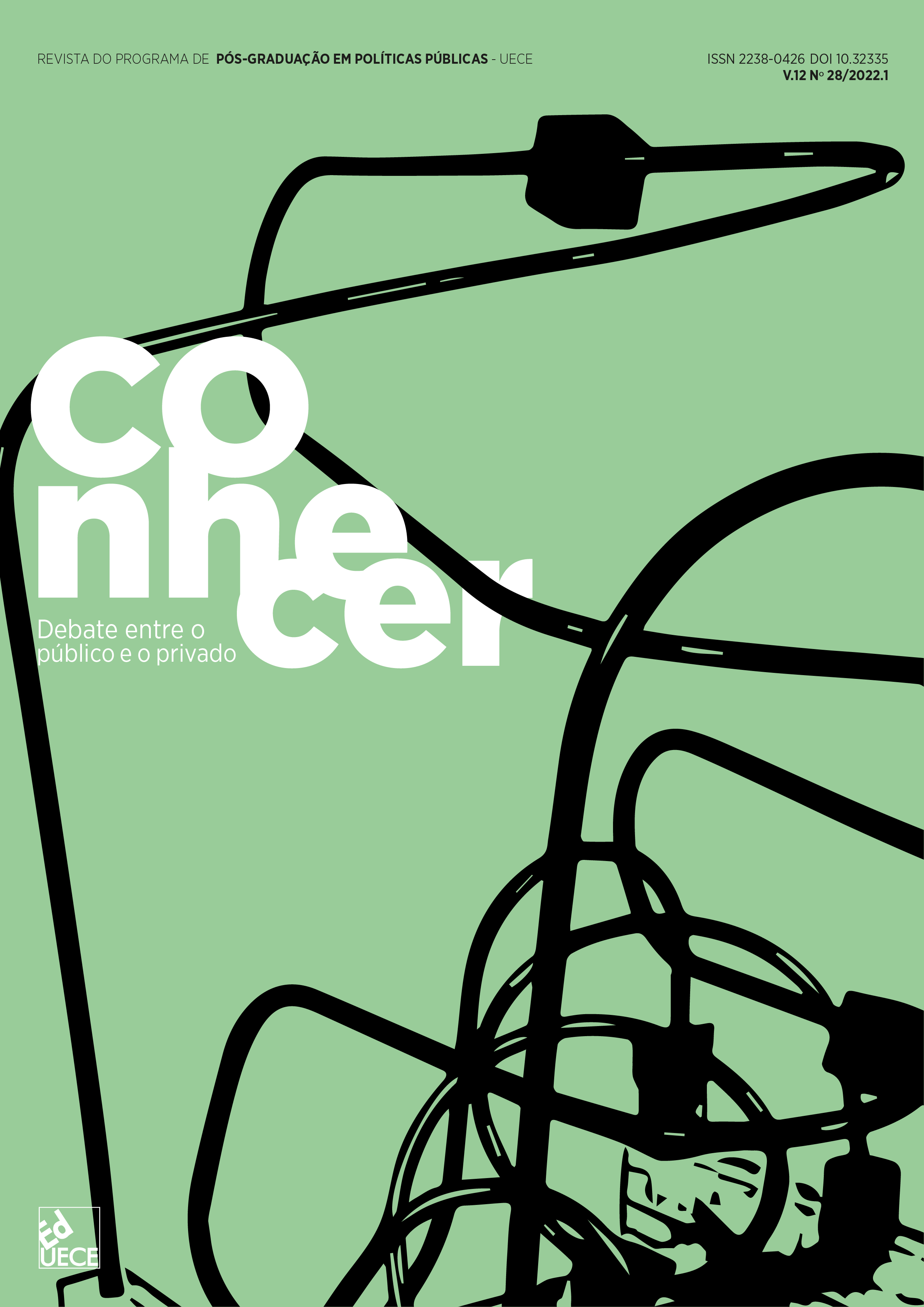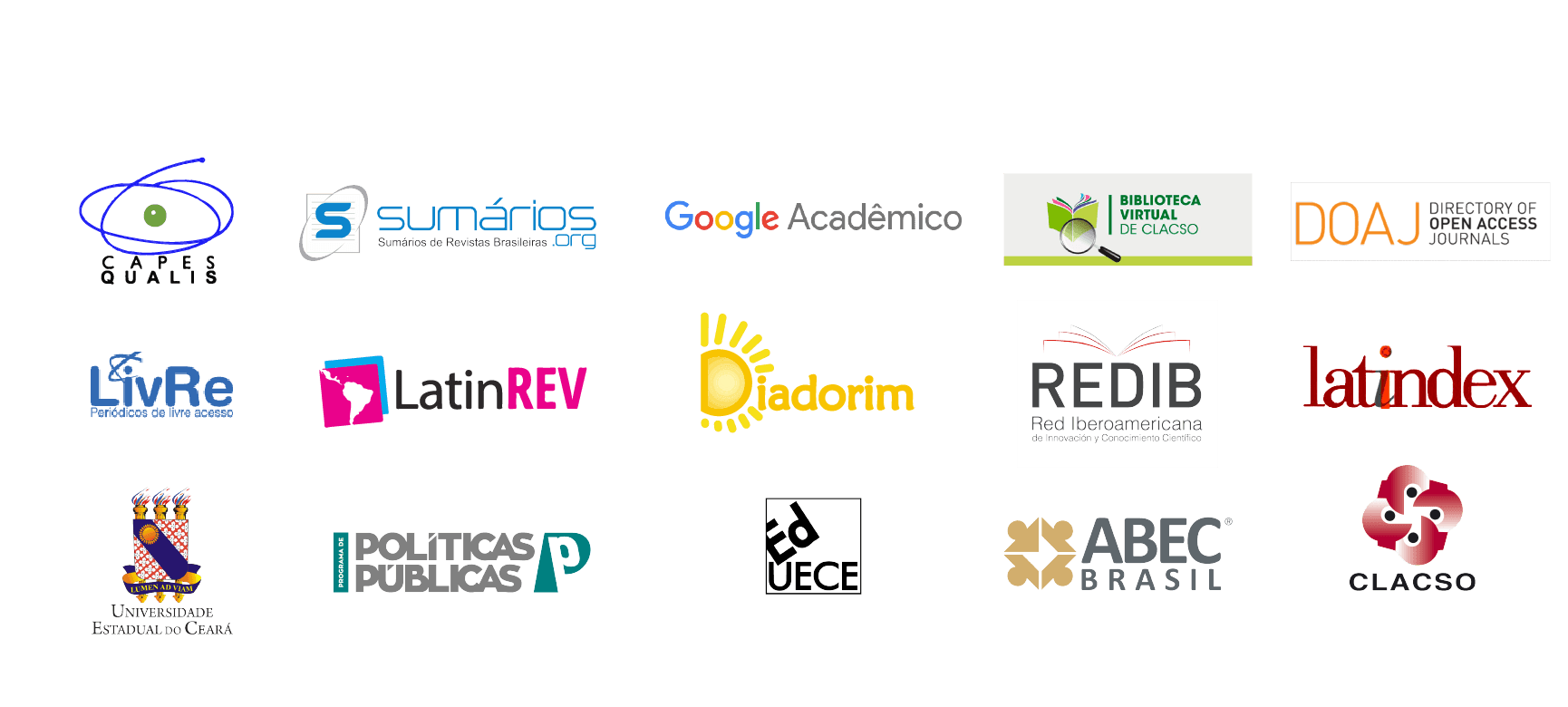Educational-political praxis of Latin American peasant and indigenous movements and culture organization
DOI:
https://doi.org/10.32335/2238-0426.2022.12.28.7833Keywords:
culture, hegemony, peasant and indigenous movements, education, Latin AmericaAbstract
This article analyzes the culture organization process and the hegemony dispute within the educational-political praxis of indigenous and peasant movements in Latin America. Therefore, it addresses the concept of hegemony linked to the peripheral nature of our countries, in which the historical development project is permeated by neocolonialism, as well as dependent and subordinate capitalist integration. Furthermore, it is argued that the education process of an organic intellectual is not restricted to a task done solely by a revolutionary and popular party. Latin American political history is the scene of many struggles and rebellions organized by various organizations and popular movements of an urban and rural nature. In the case of educational-political projects interconnected by indigenous and peasant movements, four premises are identified: a) the building of an educational process that allows a critical interpretation of the historical process of sociocultural and political development in Latin America and promotes a break with the colonial, patriarchal, racist, and classist dialectics of oppression historically experienced in the region; b) the education of an organic intellectual inherent to its own organizational processes; c) the link with an onto-epistemic critique of imposing the modern western capitalist, Eurocentric paradigm as alma mater and interpretive canon of the world and the sociocultural, production, and political relations; and d) the constitution of a hegemony dispute as a social and historical force, in which the educational-pedagogical praxis is regarded as a hegemony project, and this requires the genesis of a new political culture that responds to challenges of the civilizational crisis
Downloads
References
Barbosa, L. P. (2010). Aproximações reflexivas às experiências latino-americanas campesinas e indígenas em suas interações e lutas sociais em torno das políticas públicas no Brasil e México (Documento de Trabalho n. 5). Buenos Aires, Argentina: CLACSO.
Barbosa, L. P. (2015). Educación, resistencia y movimientos sociales: la praxis educativo-política de los sin tierra y de los zapatistas. México, DF: Librunam.
Barbosa, L. P. (2016). Educación, conocimiento y resistencia en América Latina: por una teoría desde los movimientos sociales. De Raíz Diversa, 6, 45-79.
Barbosa, L. P. (2017). Legado e rupturas da Revolução Soviética desde as lutas sociais na América Latina. Tensões Mundiais, 13(24), 107-138.
Codato, A. (2016). O conceito de ideologia no marxismo clássico: uma revisão e um modelo de aplicação. Política e Sociedade, 15(32), 311-331.
Escobar, A. (2014). Sentipensar con la tierra. Nuevas lecturas sobre desarrollo, territorio y diferencia. Medellín, Colombia: UNAULA.
Exército Zapatista de Libertação Nacional. (1996). Crónicas intergalácticas. In Anales del 1er Encuentro Intercontinental por la Humanidad y en contra del Neoliberalismo. San Cristóbal de las Casas, México.
Exército Zapatista de Libertação Nacional. (2007) Palabras del Teniente Coronel Insurgente Moisés. Mesa redonda en el CIDECI, Sán Cristóbal de las Casas, 19 jul. 2007.
Fanon, F. (2005). Os condenados da terra. Juiz de Fora, MG: Ed. UFJF.
Freire, P. (1987). Pedagogia do oprimido. Rio de Janeiro, RJ: Paz e Terra.
Frosini, F. (2014). Ideologia em Marx e Gramsci. Educação e Filosofia, 28(56), 559-582.
Gramsci, A. (1968). Literatura e vida nacional. Rio de Janeiro, RJ: Civilização Brasileira.
Gramsci, A. (1975). Cuaderni del carcere (Vol. 3). Torino, Italia: Einaudi.
Gramsci, A. (1982). Os intelectuais e a organização da cultura. São Paulo, SP: Círculo do Livro.
Gutiérrez-Aguilar, R. (2008). Los ritmos del Pachakuti: movilización y levantamiento indígena-popular en Bolivia (2000-2005). La Paz, Bolivia: Tinta Limón.
Mariátegui, J. C. (1928). Siete ensayos de interpretación de la realidad peruana. México, DF: ERA.
Martínez-Torres, M. E., & Rosset, P. M. (2013). Del conflicto de modelos para el mundo rural emerge La Vía Campesina como movimiento social transnacional. El Otro Derecho, 44, 21-56.
Marx, K. (2006). Crítica da filosofia do direito de Hegel. São Paulo, SP: Boitempo.
Marx, K., & Engels, F. (1986). A ideologia alemã. São Paulo, SP: Hucitec.
Movimento dos Trabalhadores Rurais Sem Terra. (1999). Como fazemos a escola de Educação Fundamental (Caderno de Educação n. 9). Veranópolis, RS: Instituto Técnico de Capacitação e Pesquisa da Reforma Agrária.
Stronzake, J. (2009, 21 de agosto). Primer Encuentro Latinoamercano de Formadores/as en Agroecología de La Vía Campesina (Parte 1/4). Recuperado de https://www.youtube.com/watch?v=yeFTm17R4rs&t=164s
Zavaleta, R. (2009). La autodeterminación de las masas. Buenos Aires, Argentina: CLACSO.
Downloads
Published
How to Cite
Issue
Section
License
Authors who publish in this journal agree with the following terms:
- Authors retain the copyright and grant the journal the right of first publication, and the study is simultaneously licensed under the Creative Commons Attribution License, which allows sharing the study by acknowledging authorship and initial publication in this journal.



